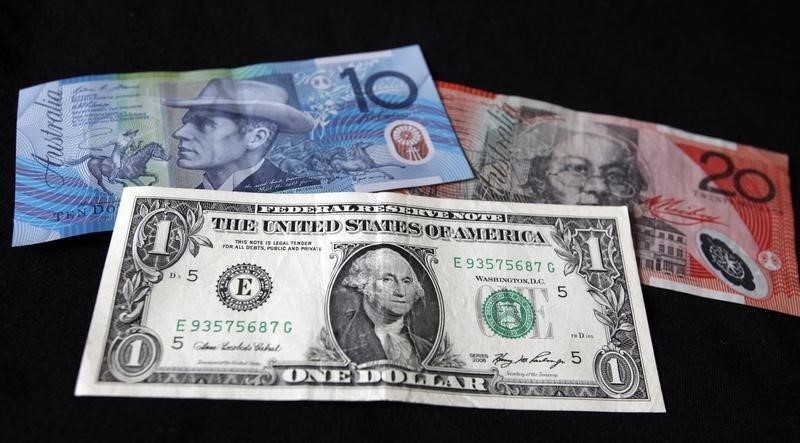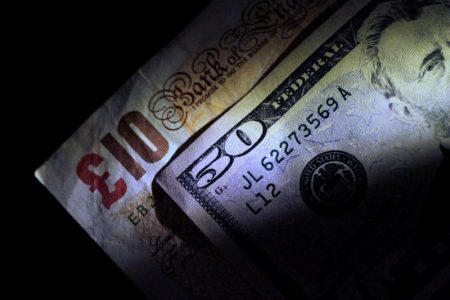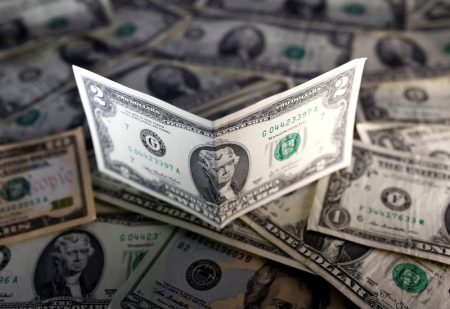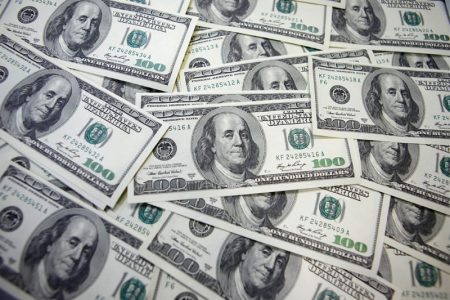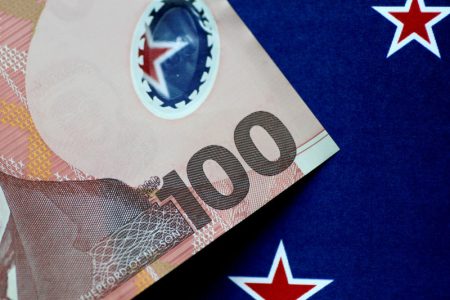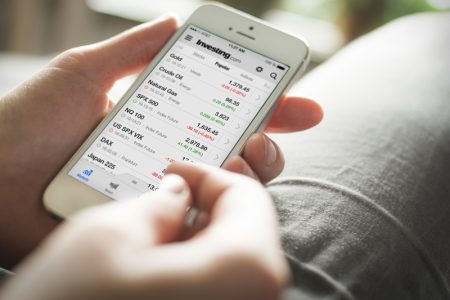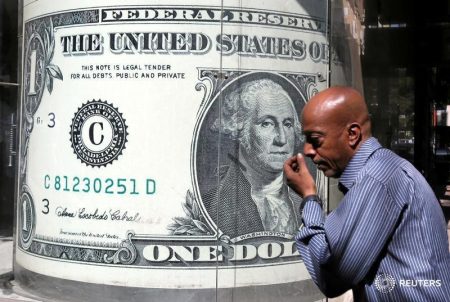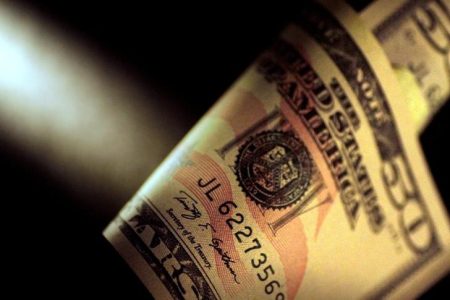The Australian dollar reached a three-month peak against the US dollar today, trading at 0.6591, buoyed by a combination of positive market sentiment and waning US dollar strength. The shift in currency dynamics follows the release of mixed economic indicators from the United States.
Today’s reports showed an expansion in the US services sector, with the S&P Global Services PMI registering at 50.8, and growth in the composite sector indicated by a Composite PMI of 50.7. However, these positive developments were tempered by a decline in manufacturing activity, as evidenced by the Manufacturing PMI falling to 49.4. The contrasting data have fueled speculation about possible changes in the Federal Reserve’s approach to monetary policy, despite earlier indications of continued tightening measures.
Investors are closely monitoring Australia’s economic health, especially in light of China’s efforts to rejuvenate its property market and comments from RBA Governor Bullock advocating for stricter monetary policies to address inflation. Key Australian financial updates are highly anticipated, including an upcoming speech by Governor Bullock, alongside retail sales figures and inflation data. Similarly, forthcoming US economic disclosures such as housing statistics, consumer confidence levels, GDP revisions, the Fed’s preferred gauge for inflation trends, and ISM Manufacturing PMI results are expected to be influential for market movements.
The mixed signals from the US economy have led to increased attention on central bank policies globally as investors seek to gauge future interest rate trajectories and their impact on currency valuations. The Australian dollar’s rise reflects current optimism but remains sensitive to both domestic economic developments and international monetary policy shifts.
This article was generated with the support of AI and reviewed by an editor. For more information see our T&C.
Read the full article here





